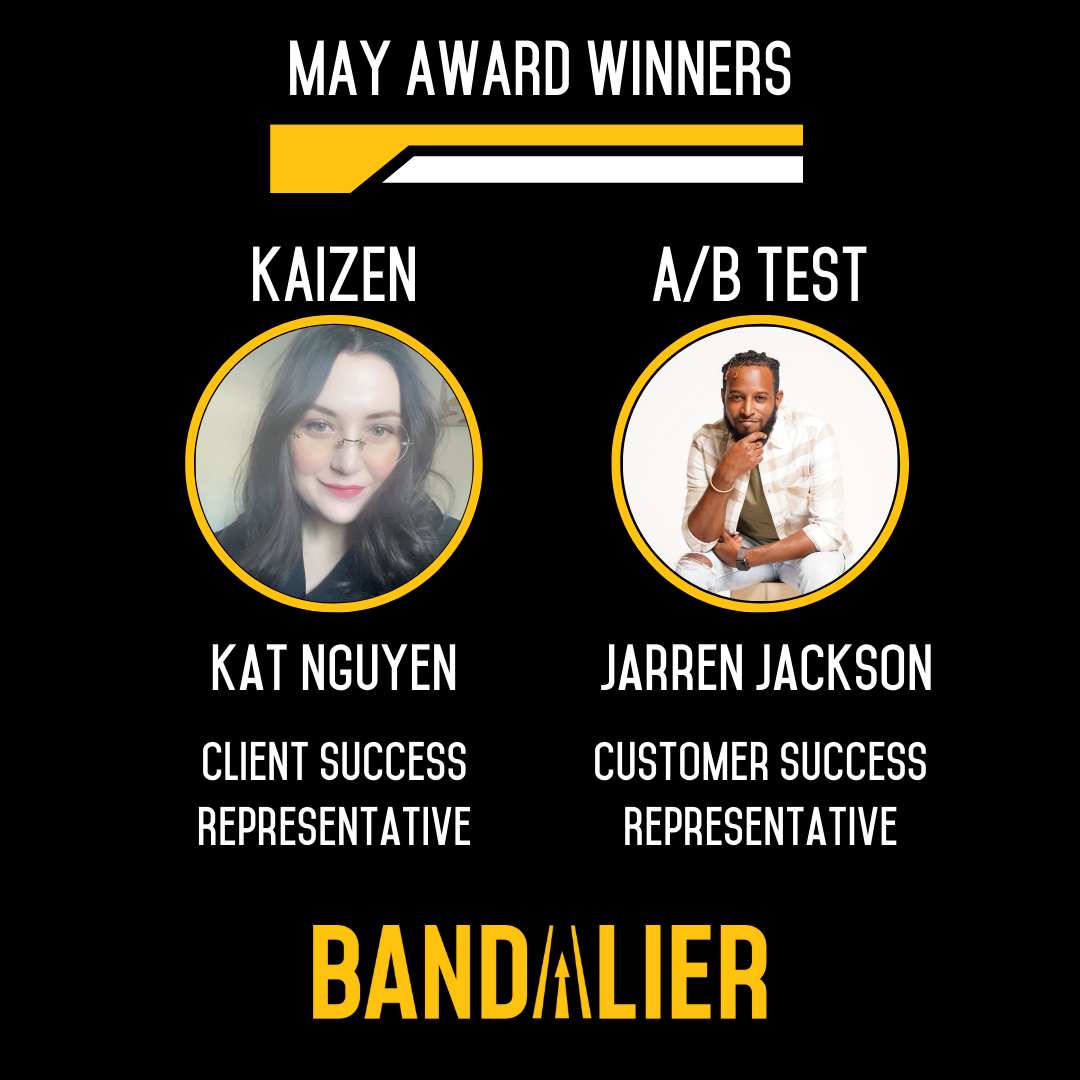There’s an analogy (probably not original) we like to refer to with our new inside sales associates in training.
“Think of yourself as a doctor: a doctor doesn’t prescribe a surgical operation to somebody who needs an Advil. Part of your job as the doctor is to figure out what the person needs and then prescribe medication accordingly.“
Of course, being a salesperson is a little different than this. Usually, you’ve only got one ‘medication’ to sell (that is, whatever your product happens to be), rather than having a toolbox of medications and procedures at your disposal. But the point remains the same: it’s stupid to prescribe surgery to someone who needs Advil. And if all you have is Advil, you’re better off (and will sleep better at night) finding someone who needs it vs. prescribing it to the wrong person.
This has become particularly relevant in a trying couple of months, when folks (rightfully) have priorities that don’t always align with taking sales calls. Pushy salespeople are always a little annoying – they are particularly annoying in a time of crisis.
How do we mitigate this? Bandalier’s training program for new members of our outsourced inside sales team has always placed a heavy emphasis on open-ended questions (that is, questions designed to get prospects talking rather than eliciting a ‘yes’ or ‘no’ answer). A doctor could ask you whether you are experiencing a specific symptom (‘do you have a stomach ache?’); alternatively, they could ask an open-ended question (‘what symptoms are you experiencing?’) that allows them to identify issues they wouldn’t otherwise have guessed. And if there happen not to be issues we can fix, well, we’re better off moving on to the next prospect.
A similar process applies in the rapport building process of our outbound calls – particularly in this period. Asking better questions in this context means reframing ‘how are you?’ (how is anyone right now?) into a question more appropriate for this period (‘how’ve you been holding up?’). These are subtle differences, but important ones: one hints at a rep going through the motions, the other suggests an awareness of the current situation.
Ask Better Questions has become a mantra at Bandalier. If your question suggests that you genuinely care, that your intention is to help rather than purely to promote, and that you are actively listening, you’re more likely to get to a definitive answer quickly. As an inside sales rep, that’s a goal worth striving for.














